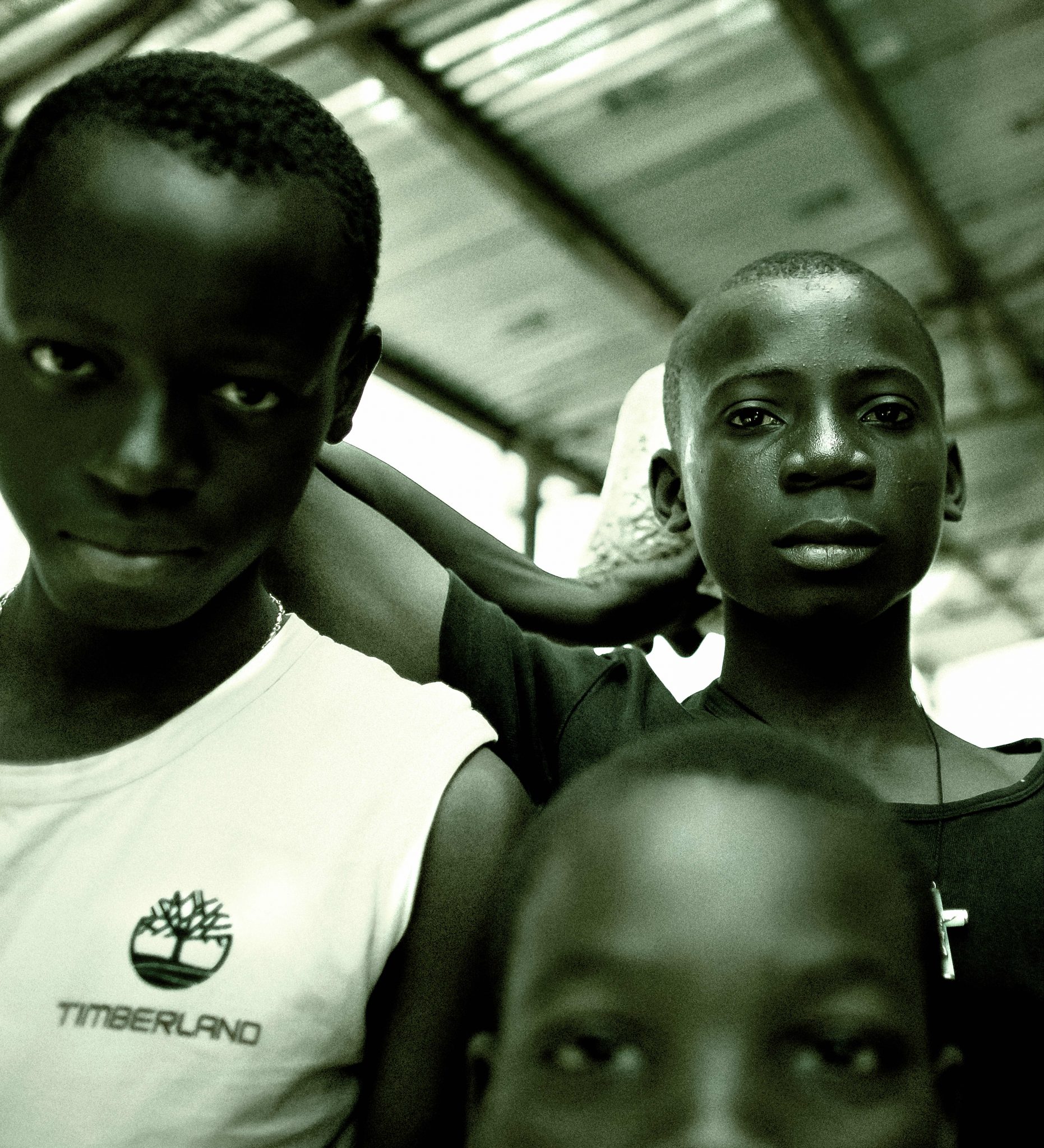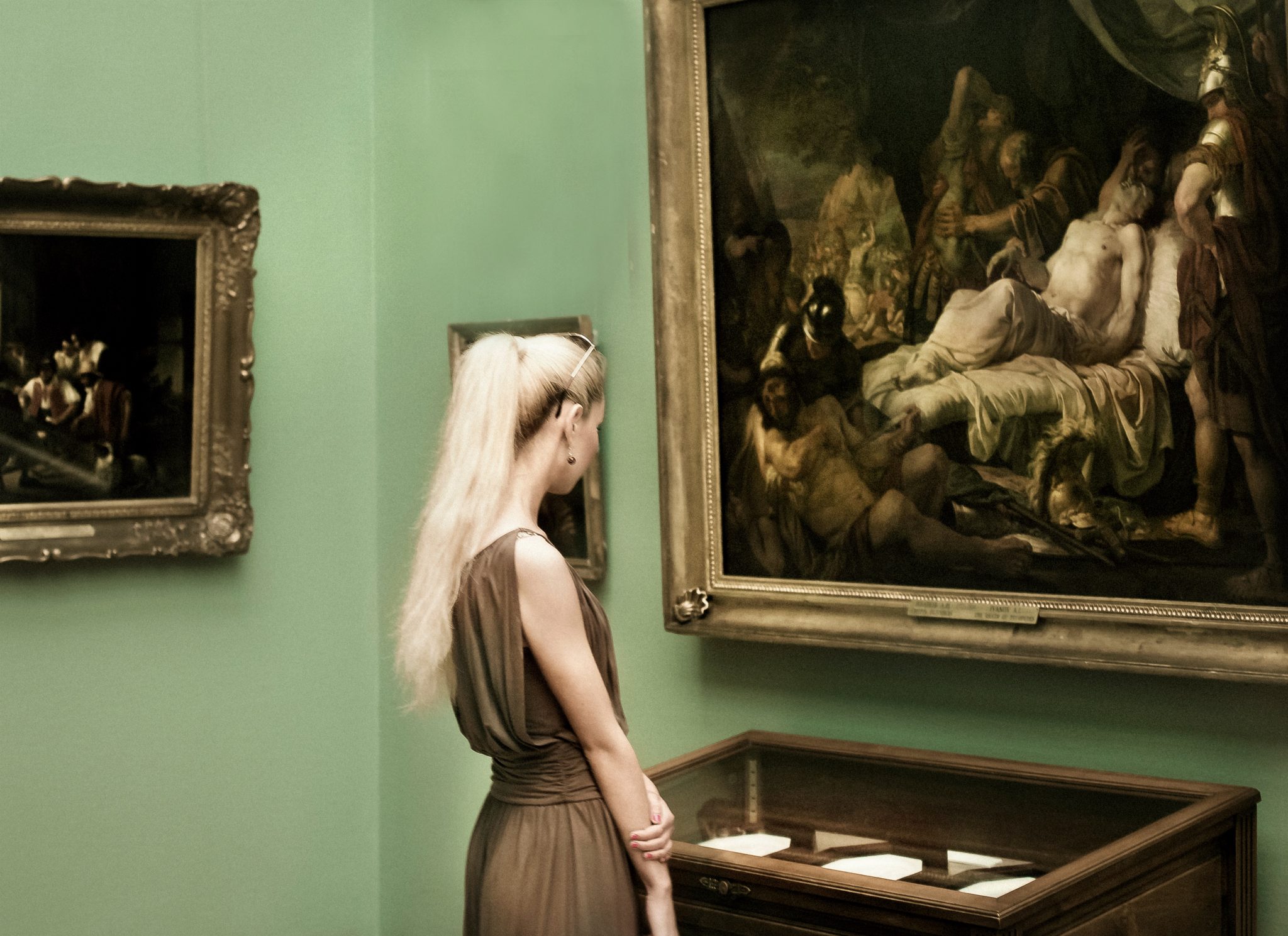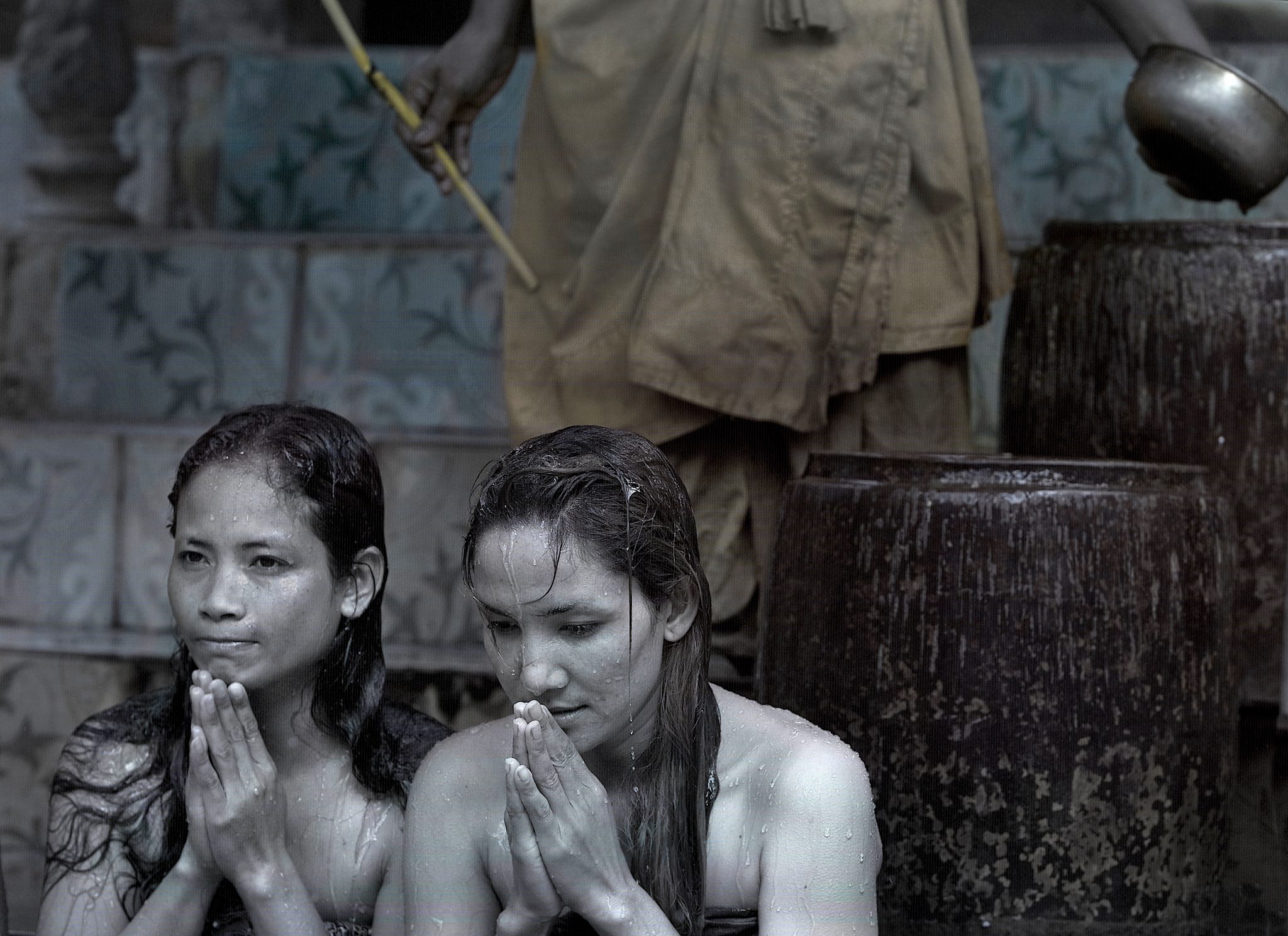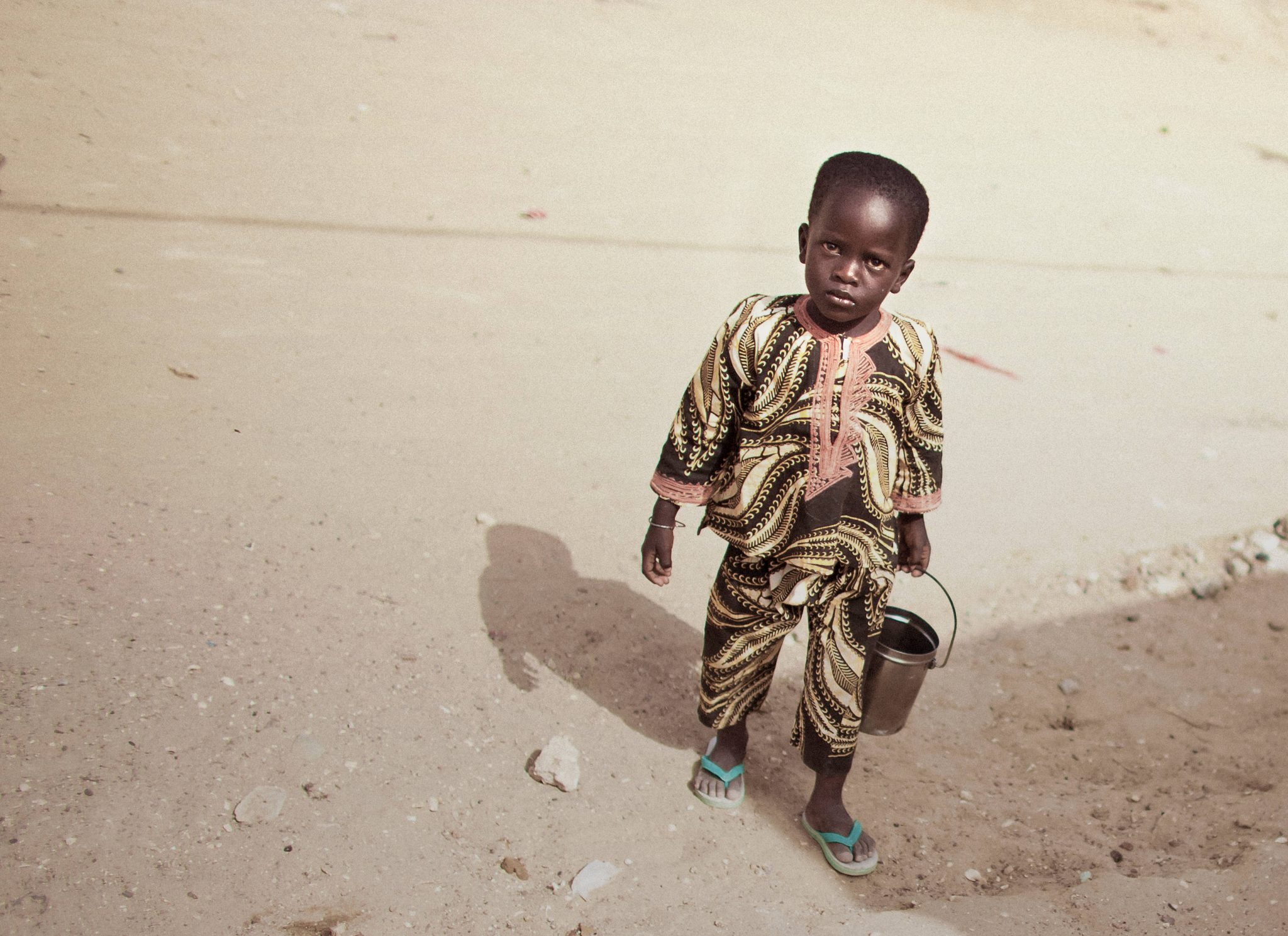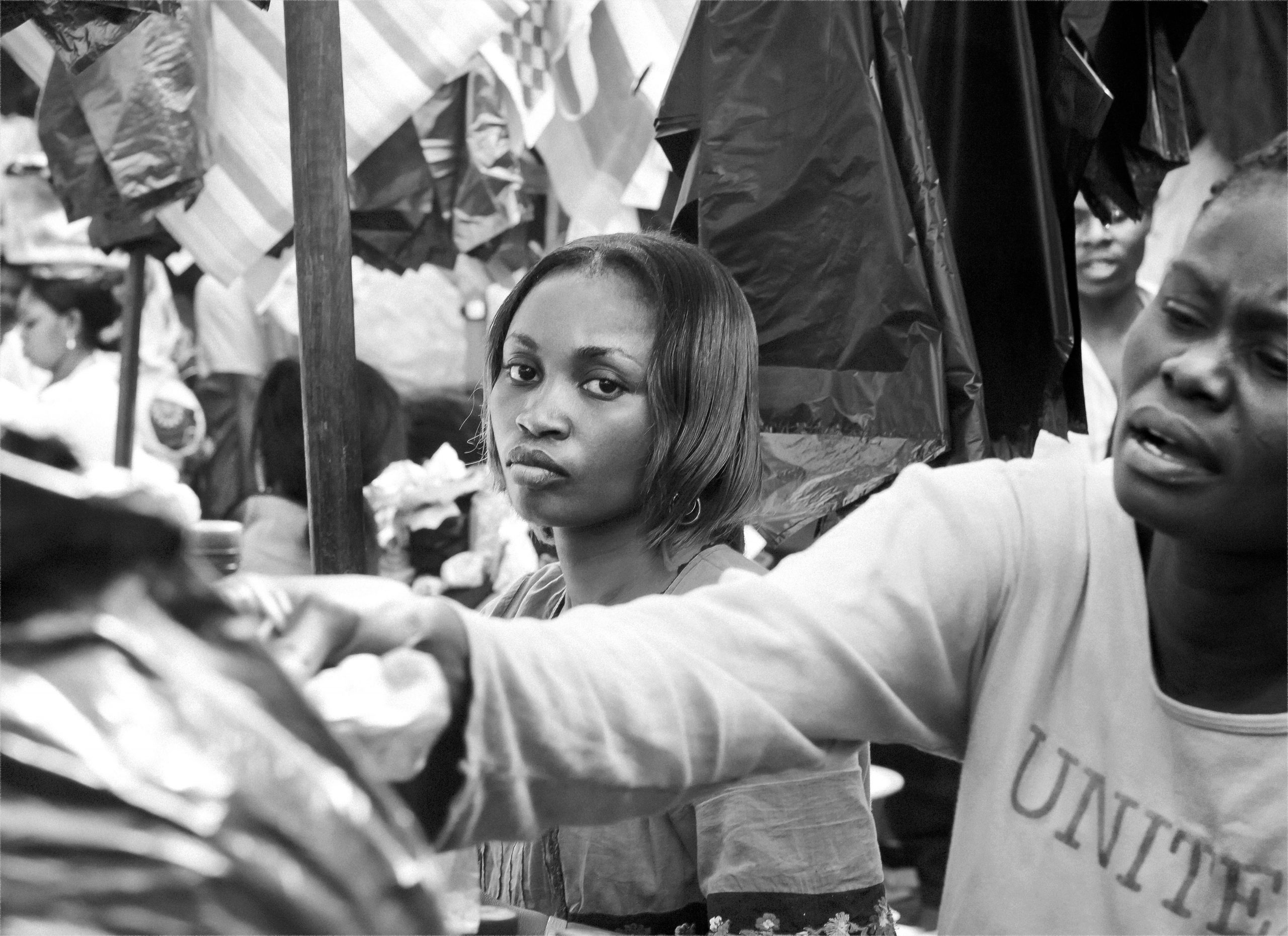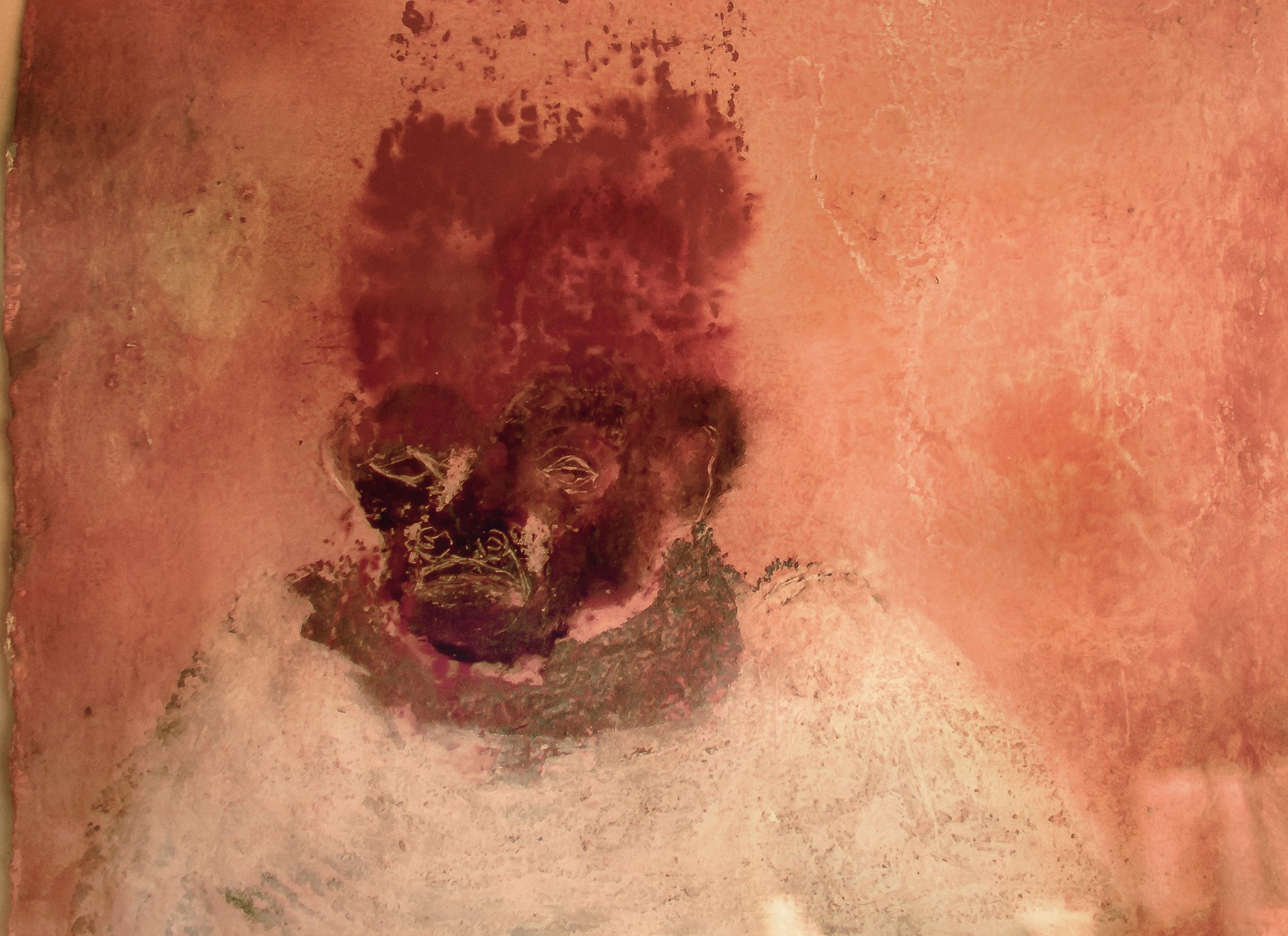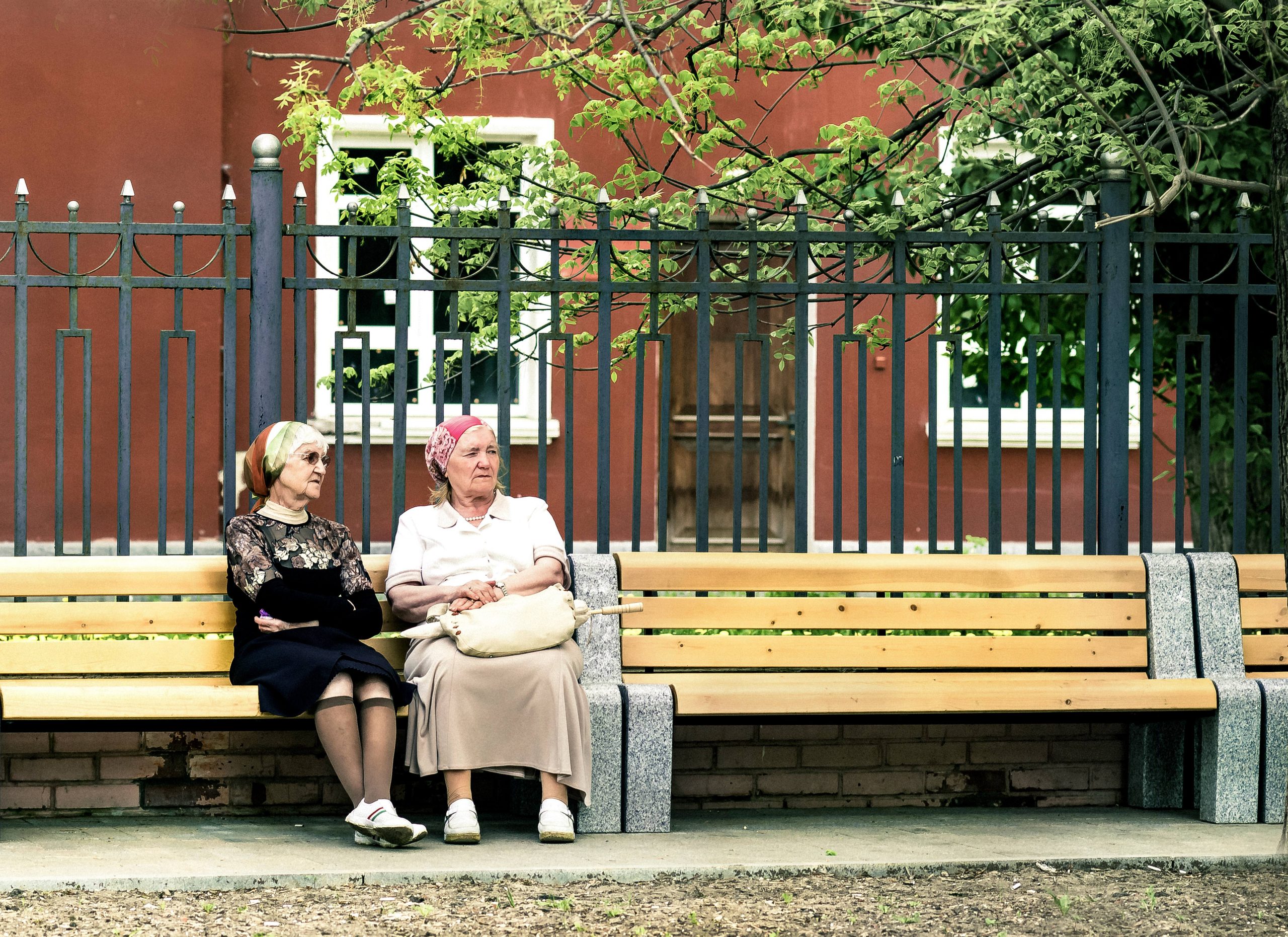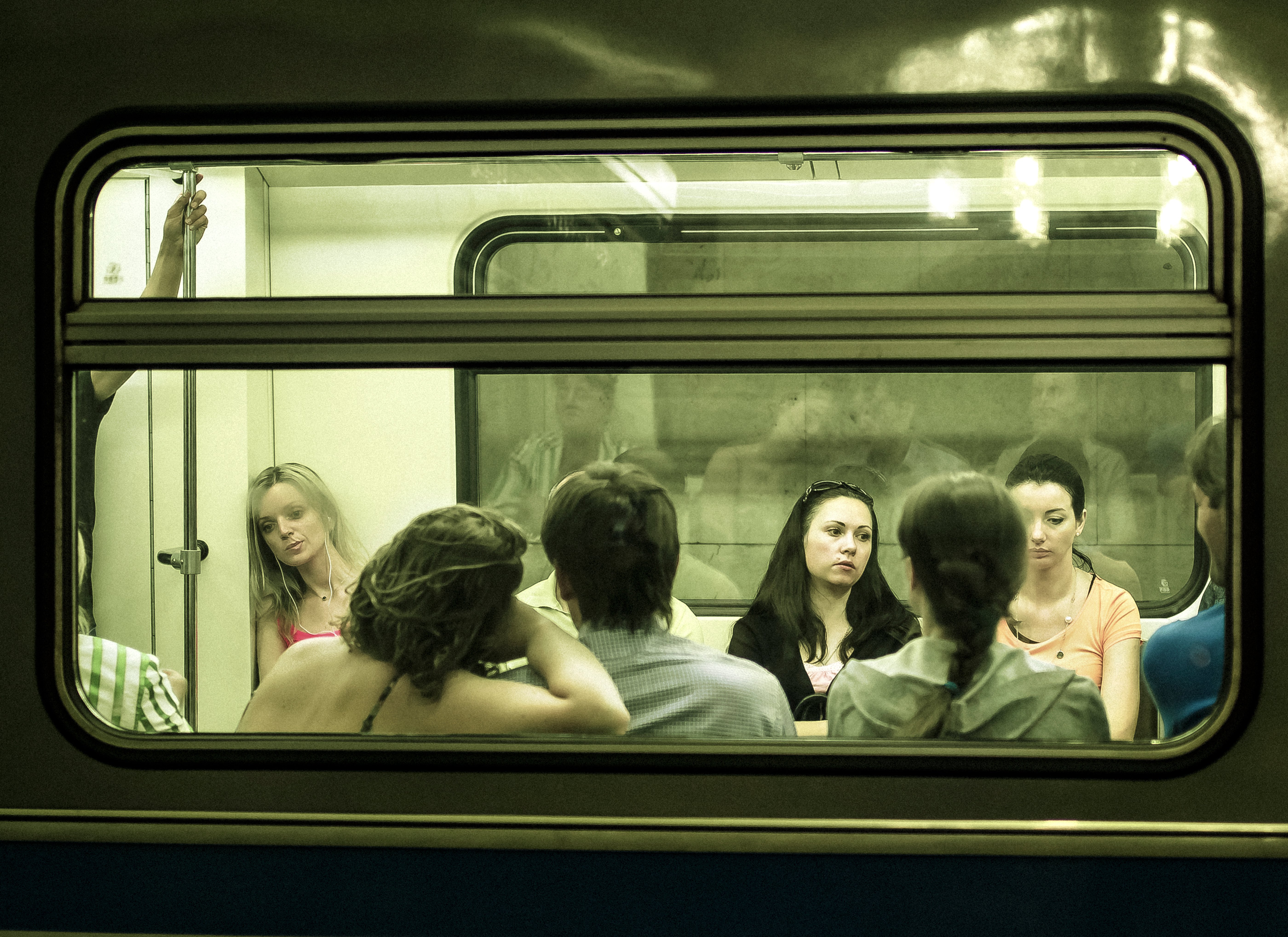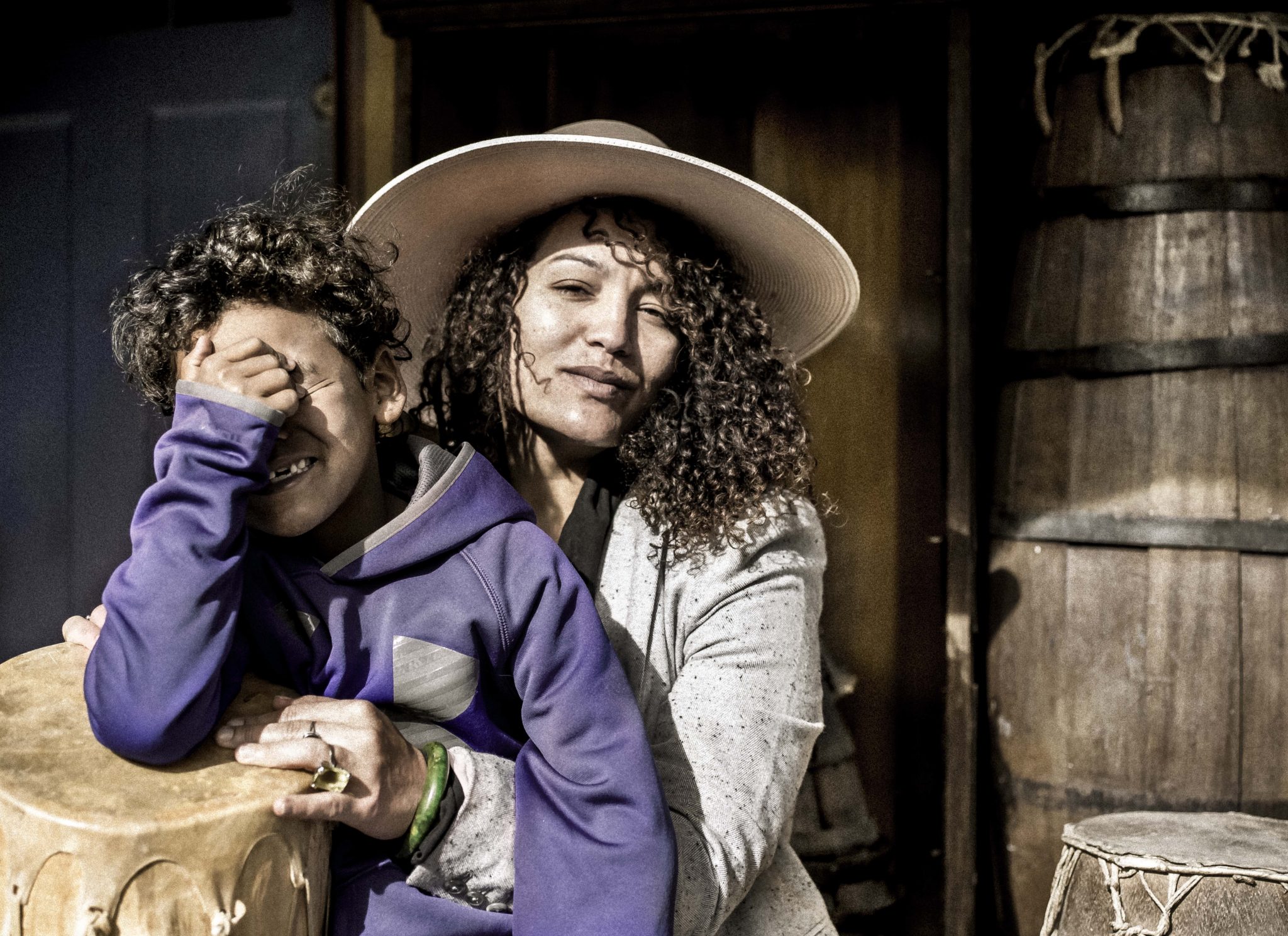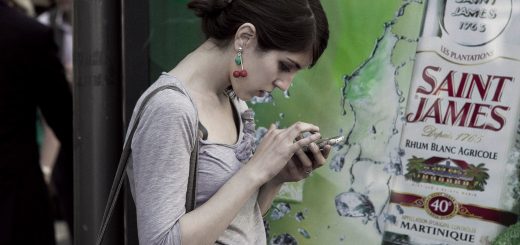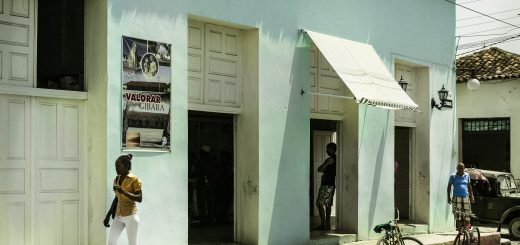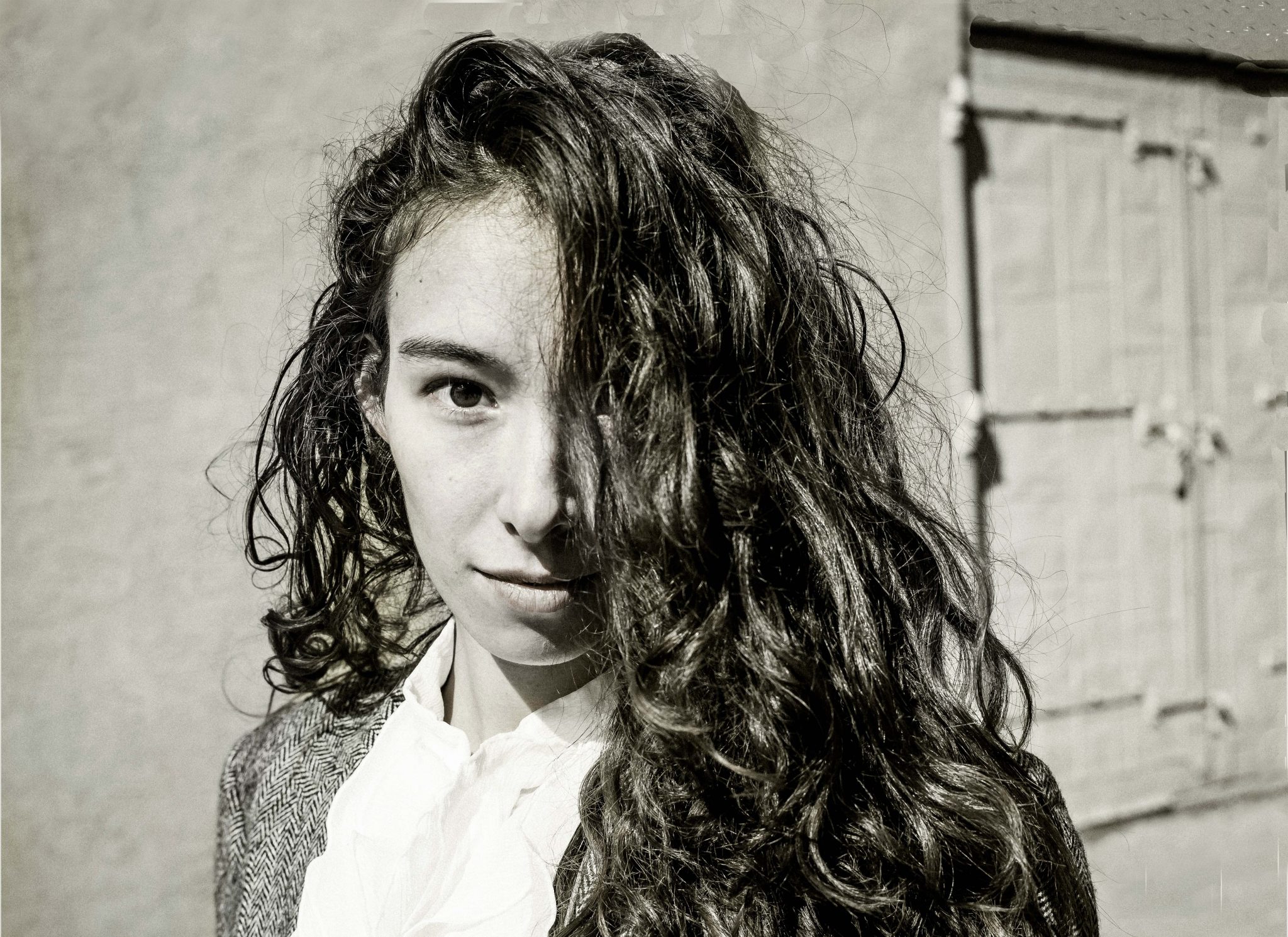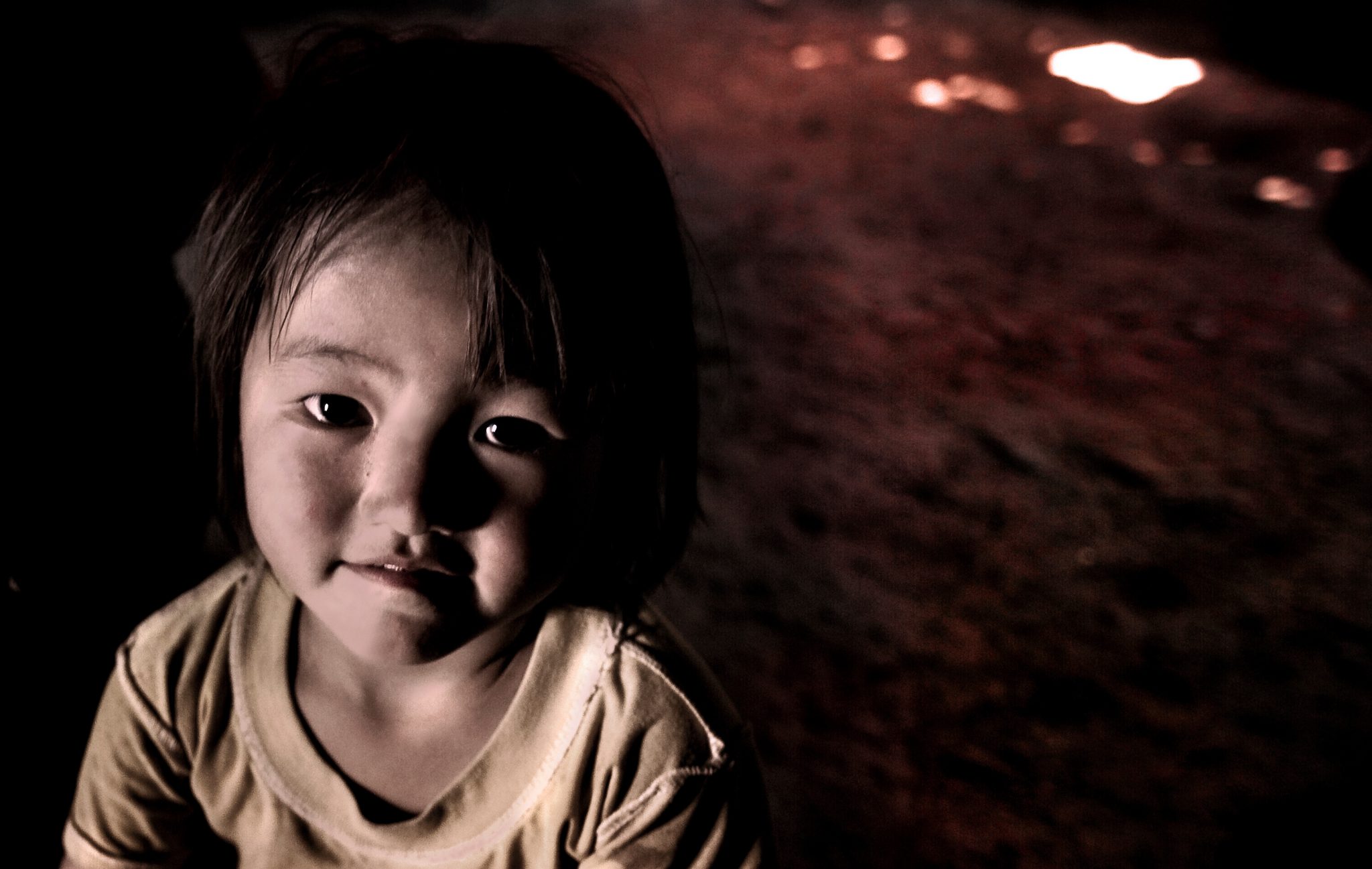
Laughter Somewhere Not Far Away
“We’ll do what has to be done,” the younger man said, speaking French. Laughter could be heard. It was women’s laughter.
“We’re running out of time,” the older man said in Lingala.
Behind the men in the bar on the 3rd floor of Hotel Rastelli, two young women appeared. Looking at Chérubin for a few moments before glancing at Sylvere, they sat at a table next to the men. The women were dressed for a hot day in skimpy outfits. The men, though, didn’t look up.
Chérubin, reclining against the back of his chair, gazed out the floor-to-ceiling window with its view of Tervuren to the south. The features of his face were strained. His body was rigid. He gave the impression he was deep in thought. Sylvere, sitting on the edge of his chair next to the window, stared at an empty glass of beer in front of him on the white table cloth but saw instead an image of his old friend from the Université de Kinshasa, Ronald, who lay face down in a pool of blood, as another man, Quentin, stood over his lifeless body. The image, which was more precisely a recollection of a photo provided by Anna, the wealthy yet mysterious patroness, four hours earlier, haunted him.
Above the two men, silence hung in the air. Behind them, laughter now mixing with disconnected phrases from the two women, who appeared to be locals from Tervuren or else from one of the other towns, Leuven, Mechelen, or Hasselt, floated in the air.
One of the women had fair skin and long, blond hair; the other, olive complexion and short, brown hair. The blond woman clutched a small, straw bag with intricate stitching in one hand; the other, an over-sized mobile phone. Both wore tight skirts in addition to high-heeled sandals which accentuated the shape and tone of their legs. Each wore, also, a scarlet colored tank top with spaghetti straps.
“What shall we have?” the blonde asked, speaking Flemish. “Fruit cocktail? White wine? Something refreshing. It’s too hot outside. One day, flash floods. The next, extreme heat. What’s happening to the world? By the way, it looks like he’s ignoring us. Shall we leave without delivering the message from Renata? His loss.”
“No,” said the brunette. “Just wait. Renata is counting on us.”
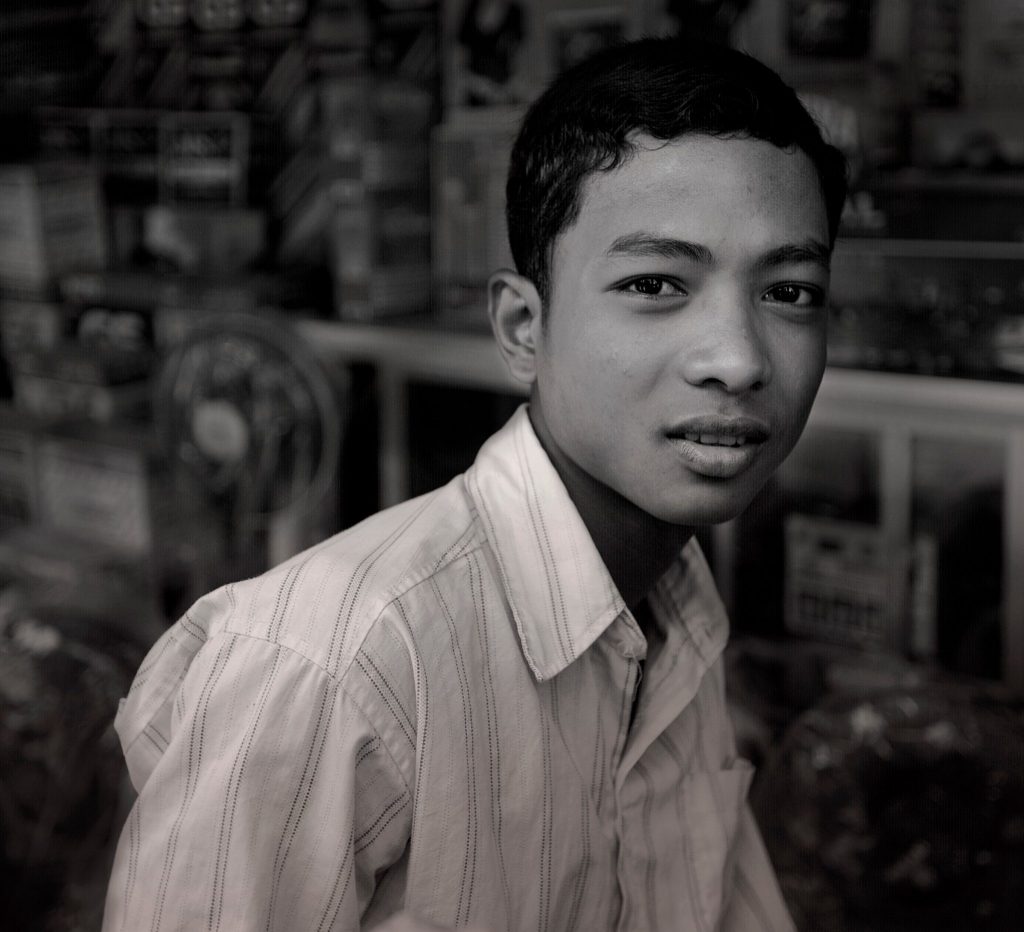
A tall, bald man appeared at that moment, asking Sylvere if he wanted another glass of beer. Shifting his gaze to the man, who appeared to be in his mid 30s and, like the women, Flemish, Sylvere nodded at the bartender with whom he had talked on several occasions at the hotel during the past couple of days. He gestured with his right hand; the bartender retreated. When Sylvere looked back in the direction of Chérubin, he noticed the younger man stared into the narrow, cobble-stone street (Hoornzeelstraat). Sylvere followed his gaze.
On the street corner across from the main doors of the hotel, a German bodyguard, one of Anna’s men, stood with his arms behind his back and his head directed upward. He appeared to be looking directly at Chérubin and Sylvere. Making eye contact with the German, Sylvere broke the silence hanging over the table.
“We know who’s responsible,” Sylvere said quietly in French, referring to the photo taken at the scene of the attack which had left Ronald dead a month earlier. But Sylvere didn’t know what else to say in response to Chérubin’s revelation several minutes earlier that Ronald was his father. It knocked Sylvere off balance.
“Things aren’t what they seem,” Chérubin remarked, speaking in French. He replaced his glass, barely half full, on the table cloth.
Sylvere continued looking down at the German. He didn’t reply. The bartender returned and placed a full glass of beer on the table cloth in front of Sylvere, but Sylvere made no attempt to reach for the glass. As the bartender walked back to the bar, Chérubin looked at a large, ornate watch strapped to his left wrist.
“It’s almost 4:45,” Chérubin said, switching his gaze to Sylvere’s face. “Behind the hotel is a small park,” Chérubin continued. “Can you meet the American journalist in 15 minutes?” He paused, searching Sylvere’s face for a reaction. “The bartender will take you there right now,” Chérubin added in a low voice.
The laughter interspersed with voices coming from the two women had become louder, Sylvere noticed. Then he had a thought which already had occurred to him earlier in the day: Chérubin had formulated his own plan for returning to eastern Congo, one which involved the American journalist, Leon Johns, but also one which apparently was hidden from his bosses, Anna and her chief lieutenant, Carolina. Sylvere realized, at that moment, Chérubin’s motives and intentions had become much clearer. In fact, Sylvere now felt he understood the younger man. He had to tell him what he had learned earlier that day.
“I’ve discovered where the girl is,” Sylvere said. “I mean Claudette,” Sylvere added, still looking at the German outside but thinking about the young woman who was the half-sister of the man seated in front of him. Out of the corner of his eye, he became aware Chérubin stared at him with a slight frown on his face.
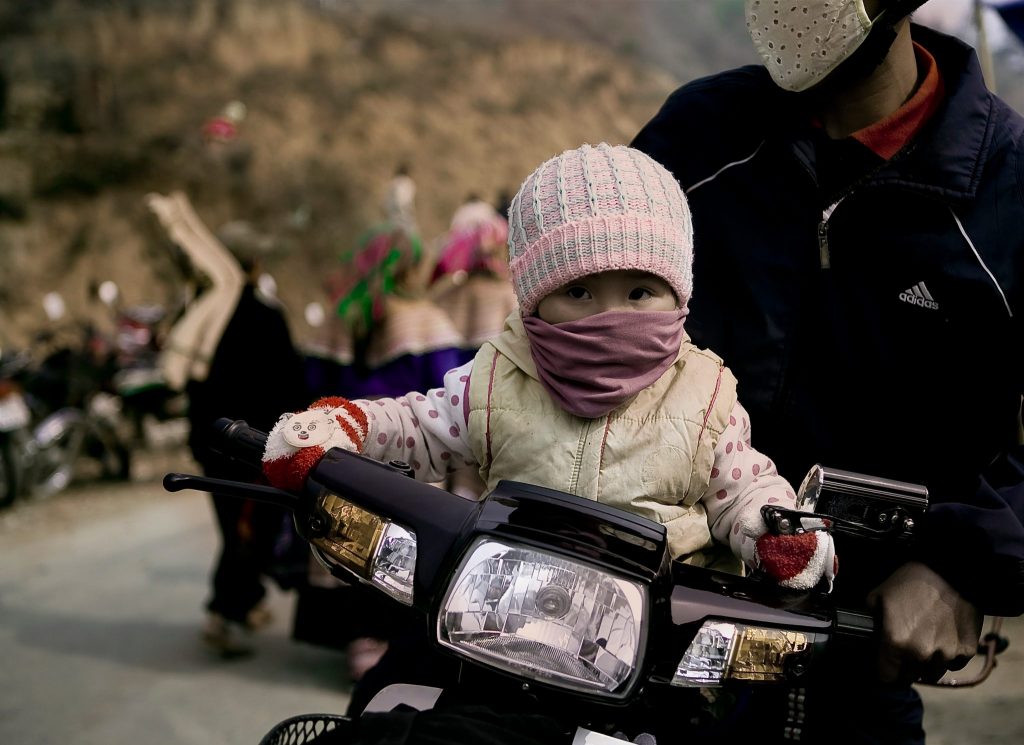
“Bon jour, Chérubin,” called out the woman with blond hair. Chérubin didn’t look in her direction. He continued staring at Sylvere. Finally, Chérubin broke his gaze and glanced in the direction of the bar. He appeared to make eye contact with someone at the bar, probably the bartender, at that moment.
“Bon jour, mademoiselles,” Chérubin said at last, turning toward the two females. The features of his face were, as before, hard, almost fierce. A faint smile, though, began to take shape. Sylvere, rotating his body in his seat, looked at the two women. Immediately, he felt the impact of their physical charms. They smiled at Chérubin before glancing at Sylvere. It was clear they impatiently waited to talk with Chérubin.
“Robert,” Chérubin commented, glancing at the bartender who had just re-appeared at the table, “will show you the way to the park. Also, he’ll take you back to your room after your meeting with the journalist.” Peering into Sylvere’s face, Chérubin added: “I’ll come to your room at 6:15pm, when we’ll go to the palace for Anna’s party.”
Unfolding his large frame from his chair, Chérubin continued looking at Sylvere. He appeared preoccupied now. Sylvere stood and followed the bartender, Robert, who already had started walking toward the exit.
Abruptly, under the archway leading from the bar to the hallway and the elevator at the end of the short corridor, Sylvere stopped and knelt on the carpeted floor. He untied the lace of his left shoe and, as he re-tied the lace, glanced back into the bar. He saw Chérubin standing in front of the table where the two women sat. Their laughter filled the air again.
“It’s been a long time, hasn’t it?” the woman with the dark-brown hair said in French. “Renata will be at the party tonight. She wants to talk with you. You can’t put her off any longer. It’s just rude.”
Renata, Sylvere recalled, was the Belgian princess whom Chérubin had mentioned the previous day. Testing his shoe lace, Sylvere looked up. The bartender waited at the end of the corridor, one hand holding the elevator and one foot resting against a door to the stairwell next to the elevator. The tall, bald man nodded at him while speaking in a low voice on a mobile phone pressed against the side of his head with his other hand. As Sylvere raised himself off the floor and resumed walking down the hallway, he wondered who was on the other end of the line.
***
